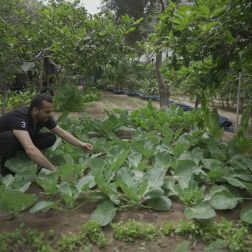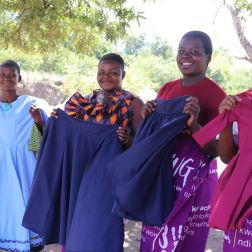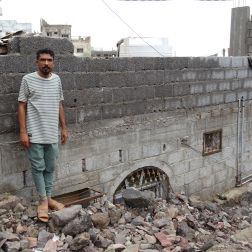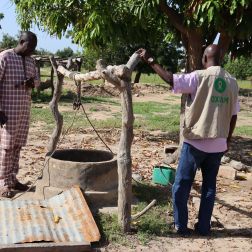- 5 mins read time
- Published: 17th June 2021
World Refugee Day: We can do more for young people seeking refuge on our shores
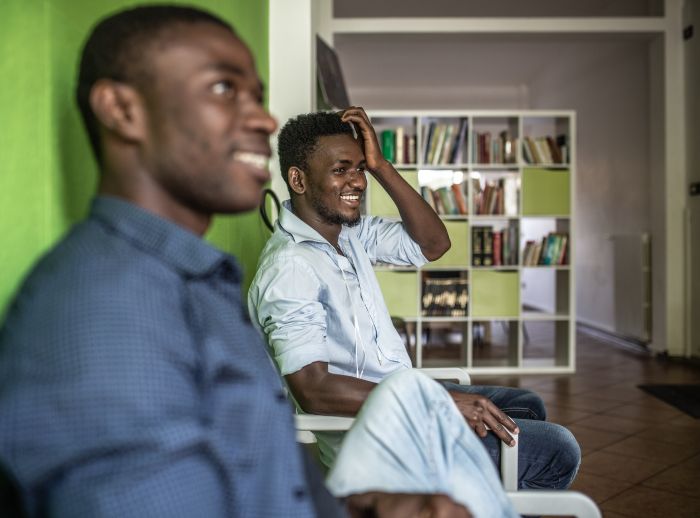
New research puts forward recommendations for treatment of unaccompanied minors in Europe
The theme for this years World Refugee day is ‘together we heal, learn and shine’. And we can, but as our new research report reveals – we can definitely improve how we do things to ensure that we strive to achieve these goals for refugee youth in our care.
While for many teenagers around the world, turning 18 is a milestone – a moment of joy and celebration – our new research finds that for young people seeking refuge in Europe, this is a moment of massive anxiety. As turning 18 symbolises losing support due to the sharp nosedive in our protective legal frameworks.
The report has sounded the alarm about the risks young face – and our governments must now heed them.
The research shines a spotlight how unaccompanied minors (young people seeking asylum who under the age of 18 and have either lost or have been separated from their family or legal guardian) across Europe are falling through the gaps and into situations of extreme vulnerability.
The most worrying aspect of the report is the changes in supports once a young person in the asylum process in Ireland reaches their 18th birthday.
One of the key tenants of EU law is protecting young people regardless of their legal status. This protection helps shield them from the high risk of abuse, homelessness, and exploitation. Turning 18 does not mean these risks disappear overnight, yet the protection they receive dramatically changes.
No longer considered children in the eyes of the law, young unaccompanied minors can find themselves displaced for a second time.
“It’s hard, because you are just learning how to live with your foster family, and then you have to leave.”— *Reuben, who arrived in Ireland as an unaccompanied minor and since been granted status
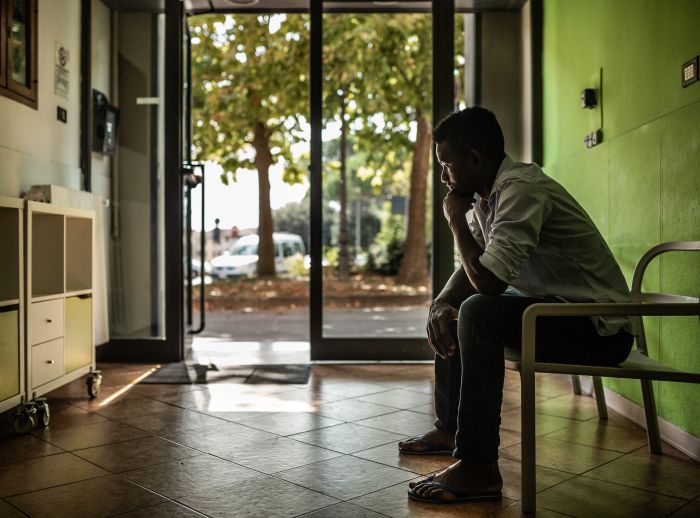
European law rightly ensures that unaccompanied minors arriving in Europe are accommodated in child-friendly accommodation and are appointed a social worker to support them with administrative and legal matters. But in Ireland, unaccompanied minors in the asylum process are in many cases removed from foster or residential care once they turn 18 and are sent to Direct Provision - where they find themselves living in the same room as adult strangers and quite often in a different region to where they were first accommodated.
“You’re not fully an adult at 18, most Irish kids are still living with their parents at 18.”— Lee*, who arrived in Ireland as an unaccompanied minor and since been granted status
When they were asked what they would like to change about their experience, the young interviewees noted that they would like to see an end to the removal from foster or residential care to Direct Provision.
One young person said that this change would be good for their mental health and would encourage young people to move forward, as it was very stressful to leave their foster family and was a “a very dark time in their life” (Mo*).
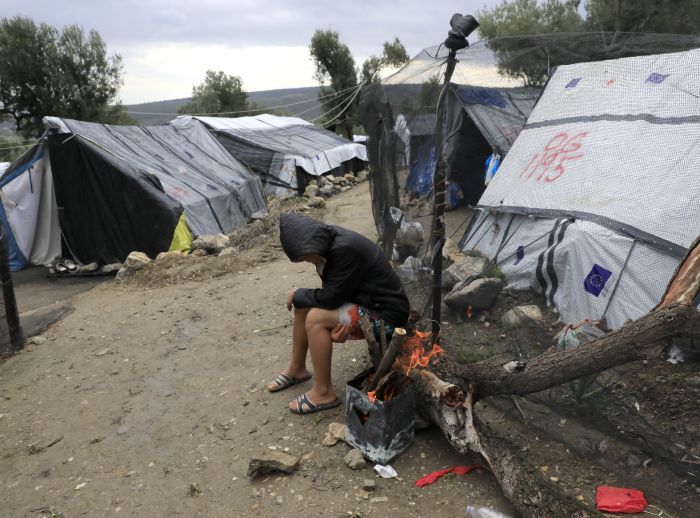
A second worrying issue that came up in focus groups with professionals and guardians was the issue of family reunification law in Ireland, which is restrictive and has time restraints which give little consideration to the complexity of family tracing (locating a family member they may have been separated from when escaping persecution.) This whole process places a massive responsibility on the young person and can cause considerable anxiety.
"We want to shed light on the traumatic and sudden process of turning 18 as an unaccompanied minor in Ireland. You go to sleep a child in the eyes of the law, and the next morning you wake up an adult and find you are stripped of many of the supports and protections you experienced when you first arrived. The security you were afforded is suddenly toppled."— Jim Clarken, Chief Executive of Oxfam Ireland
We have written to the Minister for Children, the Ombudsman for Children and the Chair of the Oireachtas Committee on Children seeking meetings to discuss the findings of the report and to explore how the issues raised can be addressed.
European countries need to step up. They must simplify asylum processes, set up guardianship schemes, create professional training programmes for people engaging with refugee youth, and invest in transitionary social housing with wraparound supports to help young people navigate the extremely complex systems that they find themselves in.
Surely we can find a better way for refugee youth who have lost, or been separated from, their families. One that better reflects the theme of this year’s World Refugee Day –to heal, learn and shine together.
The research was conducted through interviews with refugees, frontline staff and researchers in Ireland, France, Greece, the Netherlands, and Italy.
* Names have been changed to protect the identity of the young people who contributed to the research report.
